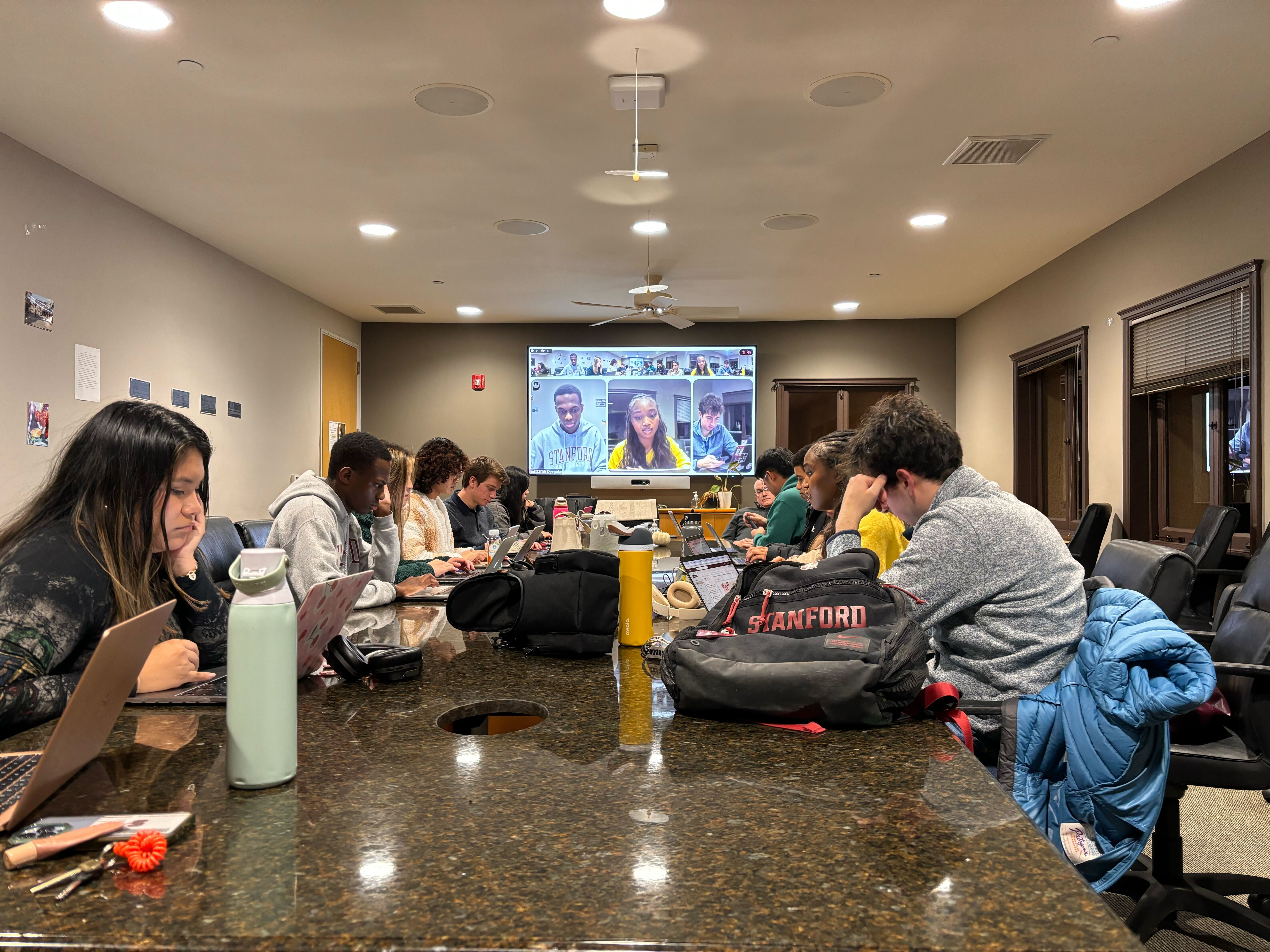On Nov. 20, the Undergraduate Senate (UGS) unanimously passed a joint resolution supporting undocumented students, despite the bill drawing mixed feelings from senators, some of whom called the resolution’s provisions too extreme.
Provisions of this resolution, authored by Lizbeth Hernandez ’25, call on the University to establish a center for undocumented students, Deferred Action for Childhood Arrivals (DACA) recipients and students from mixed-status families. The center, which would be staffed by a full-time director, would join the eight Centers for Equity, Community and Leadership (CECL).
The idea is for “a future community center to be a part of the CECL centers because they serve as places to promote equity and resources and access to marginalized students,” Hernandez said. The resolution also includes an emergency fund for undocumented students and asks the University to consider establishing fellowship and stipend programs for undocumented students.
The resolution was proposed in part due to increased anti-immigrant legislation since 2016 and a consequentially heightened anxiety amongst undocumented students after former president Donald Trump was re-elected, as well as Stanford’s allegedly lagging support for undocumented students in comparison to other schools.
The UGS also unanimously passed a joint bill authored by ASSU President Diego Kagurabadza ’25 to confirm three student nominees to University committees. “A number of vacancies in University committees have demanded an expedited system of appointment,” the bill states.
Though appointments are usually performed by the Nominations Commission, students were evaluated by the ASSU Executive, made up of Kagurabadza and Divya Ganesan ’25, before being presented for the UGS’ confirmation. The nominations were Lauren Koong ’26 for the Board on Conduct Affairs, Sidharth Gopisetty ’25 for the Committee on Libraries and Zoe Tweedie ’25 for the Committee on University Speech.
UGS Senators Celeste Vargas ’27 and Jadon Urogdy ’27 also shared updates on a continuous sex education initiative in collaboration with the SHARE Title IX office. The senate’s main concern was that sex education is only provided to students during their freshman year, Vargas said.
“Our goal is to integrate this education through multiple different years during our time at Stanford,” she added. One way to implement this educational integration that Vargas and Urogdy discussed with the SHARE Title IX office was to expand the programming of Stanford’s Beyond Sex Ed, a core aspect of New Student Orientation (NSO), to different communities on campus, such as ethnic themed houses and dorms.
UGS also unanimously approved a funding approval of $17,161.68 for VSOs. This was the last funding package of fall quarter.
